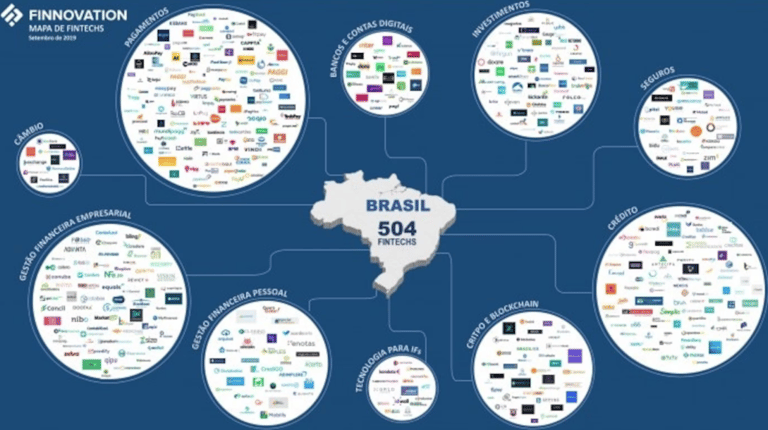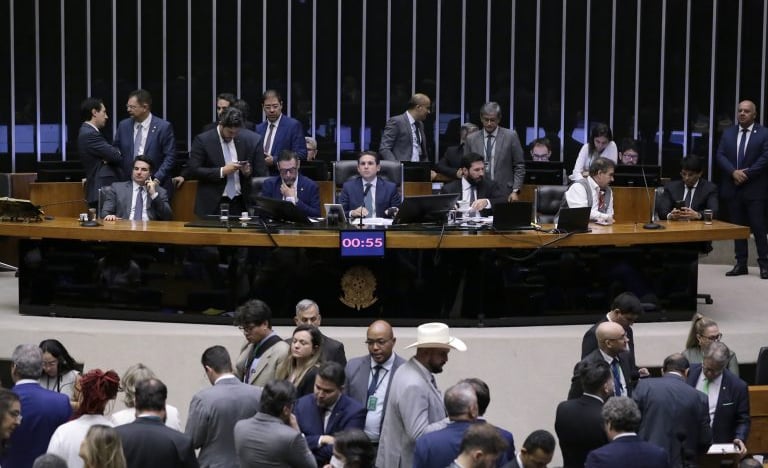
Fintechs, Money Laundering, and the Shielding Constitutional Amendment Proposal: A Worrying Connection in Brazilian Politics
In recent months, several news reports have revealed that some Brazilian fintech companies may be being used for money laundering, fraud, and asset concealment. At the same time, the Chamber of Deputies approved the so-called Shielding Amendment (PEC 3/2021), which makes it more difficult to bring criminal proceedings against deputies and senators, requiring prior legislative authorization. The convergence of these two phenomena raises serious questions about transparency, accountability, and institutional risk.
BPR
9/17/20252 min read
Investigations into Fintechs: what has been discovered
A major police operation has uncovered a scheme involving fintechs and companies in the fuel sector that is believed to have moved R$ 23 billion (approximately US$ 8.33 billion). The suspected scheme uses investment funds and front companies to mask the illicit origin of the money.
Another investigation revealed that R$ 52 billion from criminal organizations passed through fintechs in the last four years. The operation, called Carbono Oculto (Hidden Carbon), detected the use of “pocket accounts” — bank accounts in traditional banks where funds from fintech customers pass through, making individual tracking difficult.
The fintech association ABBAAS stated that the companies under investigation are exceptions and that the sector mostly operates within the law, promoting innovation and financial inclusion, and is subject to regulation and oversight.
The Shielding Amendment: what it is and how it was voted on
PEC 3/2021, known as the Shielding PEC, was approved in the Chamber of Deputies. There were 344 votes in favor and 133 against the text in the second round.
It establishes that deputies and senators can only be criminally prosecuted with the approval of their Legislative House, i.e., the House of Representatives or the Senate, and also includes other prerogatives, such as protection from arrest in flagrante delicto only in cases of non-bailable crimes.
In addition, it is expected that the national presidents of parties with representatives in the National Congress will also gain special jurisdiction under the PEC.
How are these two topics related?
Legislative oversight vs. financial investigation
Investigations show that there are financial transactions in fintech companies that may involve serious crimes. The Shield Amendment, by requiring authorization from the House or Senate for lawmakers to be prosecuted, may make it more difficult for investigations to move forward quickly in cases involving or affecting politicians.
Risk of impunity and regulatory gaps
The fact that fintechs have been used in money laundering schemes points to oversight failures or a lack of transparency. At the same time, the Shield Amendment creates additional legal barriers to holding lawmakers accountable, which could exacerbate cases of impunity.
International context and investment
In a context of intense debate about corruption, financial regulation, and transparency (an issue valued by international investors), measures that appear to protect politicians rather than promote accountability can generate mistrust. This can affect the country's risk assessment for investments.
What are the next steps planned?
The Brazil Federal Revenue Service is expected to issue new regulations requiring fintechs to provide more detailed reports on suspicious transactions, following pressure from operations such as Carbono Oculto.
The Shielding Constitutional Amendment Proposal will be sent to the Senate for review, where it may be modified or approved in equivalent terms, altering the scope of the immunities or prerogatives provided for.
Possible judicial review: civil organizations and regulatory agencies may file direct actions of unconstitutionality with the Federal Supreme Court if they consider that the PEC violates principles such as equality, impartiality, and accountability.
Conclusion
The combination of strong indications of fintechs being used for money laundering and the approval of the PEC da Blindagem (Shield Amendment) puts Brazil in a moment of institutional tension. On the one hand, there are urgent investigations seeking to hold financial crimes accountable; on the other, there are legislative moves that could restrict the capacity for political accountability. The future will tell whether sovereignty and accountability will prevail, or whether we will see a skewing of the system that favors impunity.








NEWS
LEGISLATIVE POWER
EXECUTIVE POWER
JUDICIAL POWER
OPINIONS
Updates on Brazilian politics and economy.
ContaCT
© 2025. All rights reserved.
